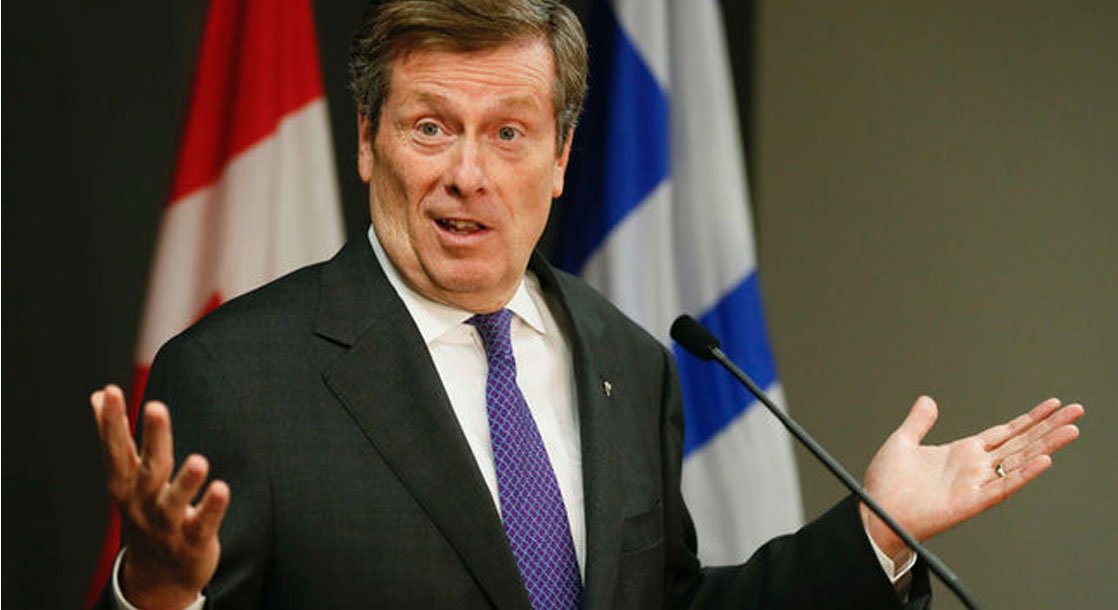The federal government has just arrested one of its own “model” drug enforcement officers for allegedly conspiring with a Colombian drug cartel that he was ordered to take down.
Last week, former Drug Enforcement Agency (DEA) agent Jose Irizarry and his wife were arrested at their lavish home near San Juan, Puerto Rico, according to an exclusive report by the Associated Press. The feds have filed a 19-count indictment against Irizarry, accusing him of conspiring with a former DEA informant to launder over $7 million of illegal drug funds. The former agent allegedly shared these proceeds with a Colombian public official, as well as one of South America’s top money launderers — who just happens to be a relative of Irizarry’s Colombian wife.
As more and more US states legalize weed, South American drug cartels have seen less demand for black market pot, and some Mexican cartels have even shifted their focus to dominating the avocado industry. The demand for cocaine remains strong, though, and Colombian cartels are still turning a serious profit, despite the billions of dollars that the DEA has spent fighting them.
Irizarry and a longtime DEA informant, Gustavo Yabrudi, allegedly opened a bank account to collect drug money that was owed to Colombian drug traffickers. These funds would then be used to purchase electronics and other goods that would eventually be resold in Colombia, and the profits from these sales would then be repaid to the cartel. This account was created to allow the DEA to collect evidence against the cartel, but Irizarry and Yabrudi started skimming cash off the top.
The crooked cop also made fake DEA seizure orders or bank letters, allowing him to personally seize money from illegal drug transactions. The agent and his informants handled at least $3.8 million in illegal drug money that was supposed to have been carefully monitored by the DEA. The agent allegedly used a stolen passport and social security number to open his own personal account, where he deposited at least $900,000 in laundered cash.
Irizarry was once considered a “model” DEA agent, responsible for countless arrests and seizures of illegal drug shipments. “He was the superstar everyone wanted to be,” a former federal agent told the Associated Press. Yet in spite of this glowing praise, there were a number of red flags that should have tipped the feds off about his true character, if they had been paying attention.
When Irizarry was initially hired, his standard polygraph test showed signs that he was lying during his interview. He was hired anyway, and in 2010, he declared bankruptcy, with half a million dollars in debt. Regardless of this, the feds appointed him to handle critical financial transactions as a part of his duties.
Once he began skimming cash, Irizarry began to take on the lifestyle of the criminals he was supposed to be fighting. He bought a $30,000 Tiffany ring, a BMW and three Land Rovers, and three different houses — things that no other federal agent could afford on their salary alone. The corrupt cop also held wild yacht parties, inviting prostitutes and at least one top DEA supervisor. But apparently this is all still considered “model” behavior for a federal law enforcement officer, and his supervisors ignored his ostentatious displays of wealth.
Eventually, the feds finally became suspicious of Irizarry after he was caught stealing cash from police informants. His supervisor recalled him to Washington, but the agent resigned from his job immediately. The investigation into his suspicious behavior continued, though, and police eventually arrested Yabrudi, who was convinced to spill the beans on his former partner.
“It’s a black eye for the DEA to have one of its own engaged in such a high level of corruption,” said Mike Vigil, the DEA’s former Chief of International Operations, to the Associated Press. “He jeopardized investigations. He jeopardized other agents, and he jeopardized informants.”
Not only is Irizarry’s arrest a “black eye” for the feds, it also compromises every single criminal investigation the agent was involved in. “His fingerprints are all over dozens of arrests and indictments,” said David S. Weinstein, former federal prosecutor in Miami, to the AP. “It could have a ripple effect and cause courts to re-examine any case he was involved in.”
This case is a classic example of a cop being as crooked as the criminals he has been tasked to fight, but it is not unique. Just last week, another DEA agent was sentenced to four years in jail for conspiring with drug traffickers to move thousands of kilos of coke from Puerto Rico to New York.











